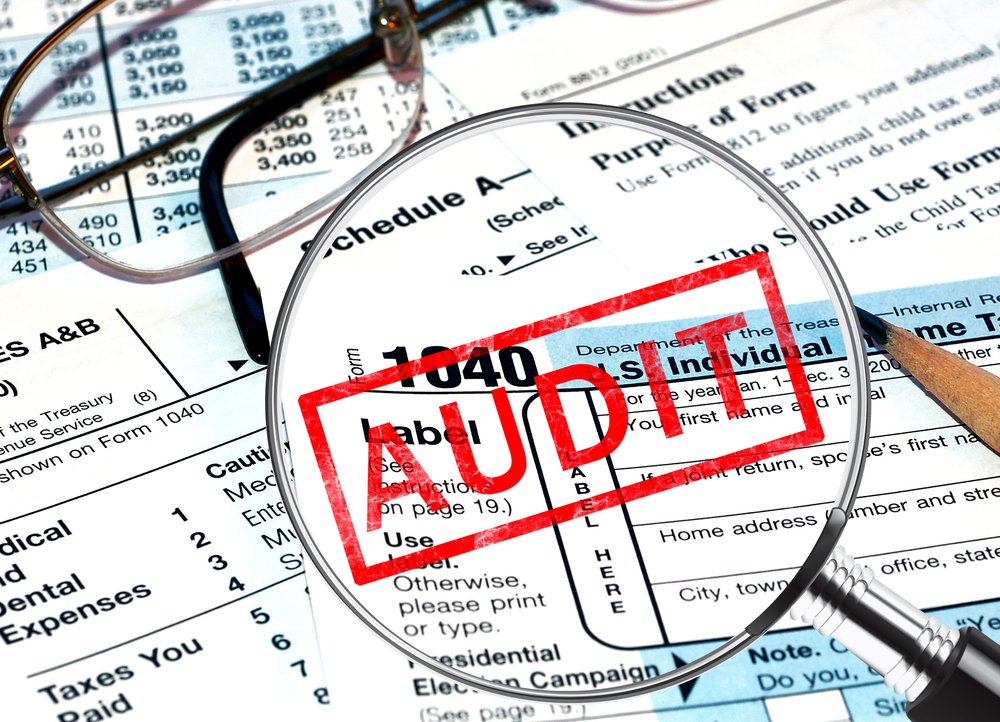By Anthony Diosdi
The Internal Revenue Service (“IRS”) audits thousands of tax returns every year. At the conclusion of these tax audits, on many occasions, the IRS proposes to assess additional tax liabilities against the individual who was subject to the audit. Many times the tax adjustments proposed during an audit is wrong. This article will discuss step-by-step how to contest an IRS audit before the United States Tax Court.
Although there are exceptions to this rule, anyone considering disputing an audit result in Tax Court must wait until they are issued a notice of deficiency by the IRS. A notice of deficiency states the tax liability they believe a taxpayer owes as the result of an audit. As a general rule, the IRS cannot legally collect a tax liability proposed in an audit until they issue the audited taxpayer a notice of deficiency.
If you have been audited by the IRS and the IRS has issued to you a notice of deficiency, you essentially have the following three alternatives: 1) file a petition timely for redetermination before the United States Tax Court contesting the amount of tax stated on the notice; 2) pay the tax and interested stated on the statutory notice of deficiency and file a claim for refund contesting the tax stated on the notice and, after the IRS disallows or ignores the claim, proceed with refund litigation in the appropriate federal court; or 3) agree or ignore the statutory notice of deficiency and all the IRS to finalize the liability stated on the statutory notice of deficiency.
In order for the notice of deficiency to be legally valid, the IRS must assert a tax liability with respect to the proper tax year. Second, the notice of deficiency must be issued prior to the expiration of the statute of limitations for assessments.
Special Situations Where the IRS Can Assess a Tax Without Issuing a Notice of Deficiency
The IRS does not always have to issue a notice of deficiency before assessing and collecting a tax liability. In certain cases, the IRS can immediately assess and collect a tax liability reflected on a tax return. The IRS can also assess and collect additional taxes resulting from mathematical or clerical errors appearing on a tax return. Finally, the IRS can assess certain penalties known as “assessable penalties” (e.g. failure to timely file an information return such as a partnership tax return) and can collect these penalties without issuing a statutory notice of deficiency.
Can I file an Amended Tax Return in Response to a Notice of Deficiency?
Many individuals believe that filing an amended tax return in response to a notice of deficiency will resolve the tax liability stated on the notice of deficiency. This is not correct. The only way to contest a notice of deficiency is to petition the Tax Court. This is the case even if the notice of deficiency issued by the IRS is defective. The filing of an amended return generally has no effect on the assessment of tax stated on the notice of deficiency and the ultimate collection of the tax. As a matter of fact, in certain cases, the filing of an amended tax return may actually make matters worse. This is because if an individual files an amended tax return with a tax liability that is greater than the tax reflected on his or her original tax return, the IRS may actually increase the tax liability to an amount that is greater than reflected on the notice of deficiency. Responding to a statutory notice of deficiency with an amended tax return is typically not a good idea.
What Should I Do If I Receive a Notice of Deficiency from the IRS
If you receive a notice of deficiency from the IRS and you do not agree with the proposed tax liability on the notice, you only have 90 days from the date of the notice to act. If you would like to contest the notice of deficiency and stop the IRS from collecting the tax reflected on the notice, ignoring a statutory notice of deficiency or filing an amended return in response to receiving a statutory notice of deficiency is not an option. If you receive a notice of deficiency from the IRS stating that you owe additional taxes, you should immediately consult with a tax attorney and if necessary, timely petition the Tax Court.
The tax attorneys at Diosdi Ching & Liu, LLP assisted hundreds of clients resolve tax controversies nationwide before the United States Tax Court, United States district courts, United States Court Federal Court of Claims, and the United States Court of Appeals.
Anthony Diosdi is a partner and attorney at Diosdi Ching & Liu, LLP, located in San Francisco, California. Diosdi Ching & Liu, LLP also has offices in Pleasanton, California and Fort Lauderdale, Florida. Anthony Diosdi represents clients in federal tax controversy matters and federal white-collar criminal defense throughout the United States. Anthony Diosdi may be reached at 415.318.3990 or by email: adiosdi@sftaxcounsel.com.
This article is not legal or tax advice. If you are in need of legal or tax advice, you should immediately consult a licensed attorney.
